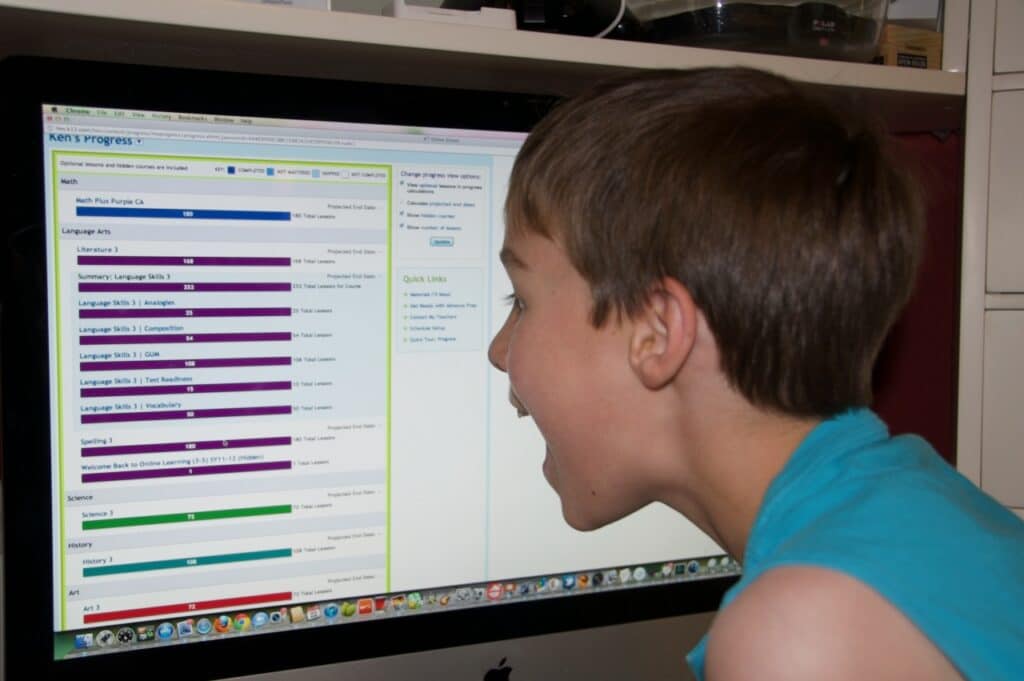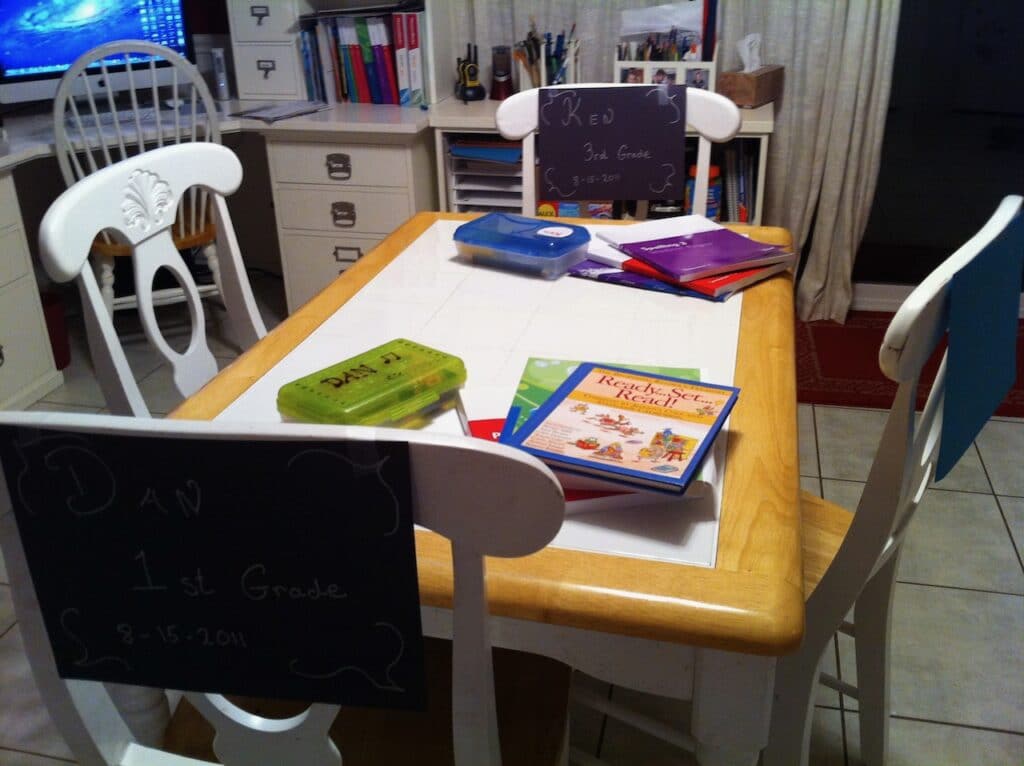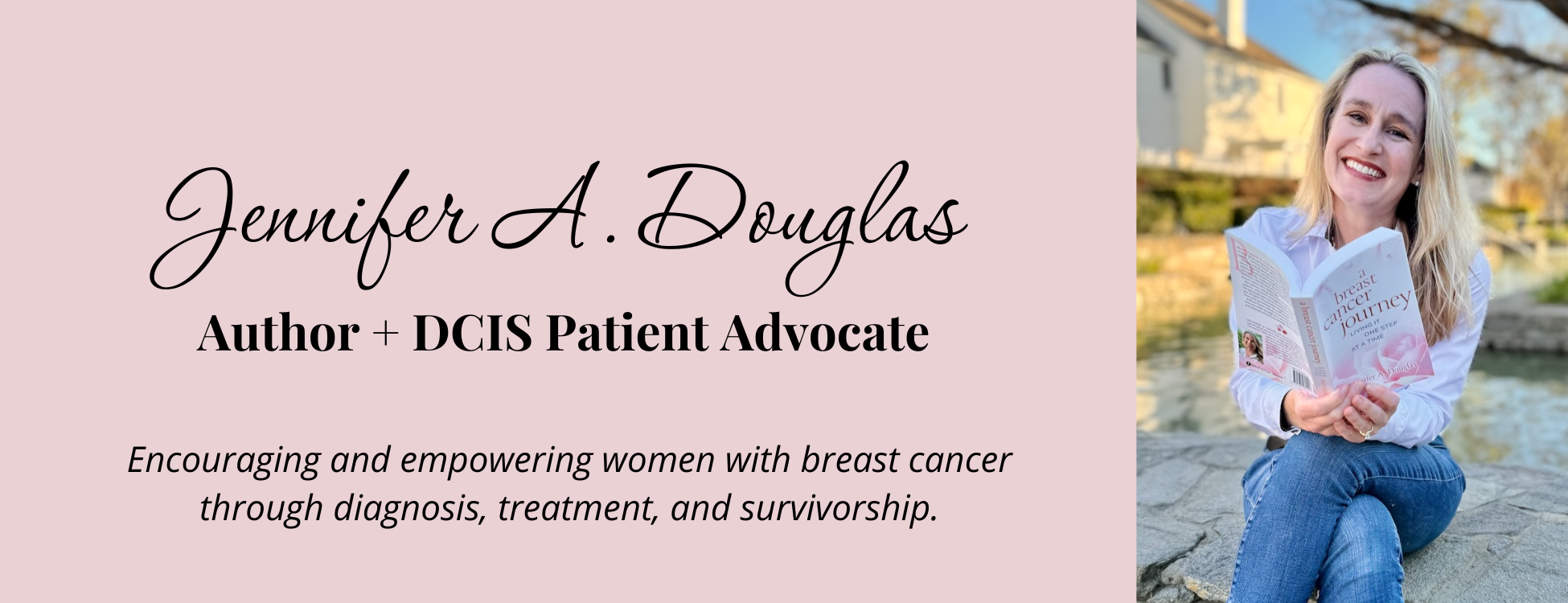
Virtual School Curriculum Choice : Why k12, Part 1
We have been virtual schooling with CAVA (California Virtual Academy) for the last 13 years. Our oldest son is in his senior year this year!
Many years ago, as we were evaluating the choices we had for curriculum we landed on k12.com. It was an all in one, big box, secular curriculum that met our needs. This post is part one of a two part series about why we chose this curriculum vendor and what works well for us.
Here is a link to part 2.
Note: I don’t work for k12.com, and this isn’t a sponsored post. Just sharing my thoughts on what works for our family.
We discovered k12.com through a connection with my husband’s work. We were intrigued by the online curriculum, and the ability to enroll in a public charter school, but do the teaching at home. I began doing research on how the program worked, went to an orientation, and then we eventually decided to give it a try.
What were the aspects that drew us to k12? I would like to give you my top 12 reasons why we chose k12.com — see what I just did there????
Part 1 will have my first 6 reasons!
1. One Provider for All Subjects
It was really important to me that I didn’t spend all my free time researching the perfect way to teach each math concept. K12 offered me a full year curriculum that I could trust. It had it all, and I’d didn’t need to learn several different ways to teach a concept. Once I learned how the teacher guides were organized for one subject, I could apply that knowledge to the other subjects. The materials were all produced in a consistent manner. I knew where to find the answers to my questions. If I needed to check what I needed to have for the lessons, there was one place I needed to go. This made it easier for me to manage the overhead of school at home.

2. Rigorous, Mastery-based Curriculum
Another key thing I was looking for was the difficulty of the curriculum. I wanted my kids to be stretched in their schooling. Also, I wanted the ability to move ahead when it was easy, and slow down when necessary.
The elementary grades in k12 offered us this ability. A lesson was considered mastered if the student received an 80% or higher on the lesson assessment. If my child knew the material, he was encouraged to take the quiz right away and prove it. There were a few years that my children finished their curriculum early, and we were able to move on to the next grade.
I really appreciated that the overall focus was mastery. It was not about the minutes spent on a subject. It was about the actual learning and demonstration of that knowledge. As a music teacher, I’m ultimately focused on the results. If you can come to me and prove that you can play a song with a high level of mastery, I don’t care how long you practiced it. I care about the results.
3. Curriculum Consistently Updated
K12 is always tweaking its curriculum to make it better every year. When we were doing elementary, most of the material was offline. But, as I’ve been exploring the changes in the curriculum over the years, I have noticed that there are more online activities and interactive tools available to students in the younger grades.
One of the most significant changes that I noticed was when the common core standards came out. Within a year, the math curriculum had been updated to reflect the new pacing, teaching methods, and new components required in the math grades. I can’t say that I was a huge fan of the new way of teaching math, but I was happy that the curriculum was updated so quickly to reflect these new standards!
Statistics was a new subject component required of all students, and k12 included units on statistics beginning in the elementary grades.
Additionally, the newer version of the curriculum includes readiness checkpoints. These tests at the beginning of the course will identify areas that the student needs more help in and then add in additional learning material right in the lessons so that those concepts are retaught. If a student does well on those checkpoints, then those review sections aren’t added in.
4. Online Learning System (OLS)
I absolutely love the OLS (the Online Learning System). It makes things so easy for me as a parent. I have one place to go to see what my child is assigned for the day. In this central place, I can see the lessons, the materials, log attendance, turn in work, and see how my child is doing on his school. It makes it so easy to stay informed. There are many charter schools which allow the parents to choose their own curricula for different subjects. Then, the parent is required to log the minutes spent on each subject on a paper log.

With the OLS, I don’t need to do that. Lesson completion is automatically tied to attendance, especially in the upper grades. If my child doesn’t log on, he isn’t getting attendance credit. I don’t ever need to worry if we are in compliance with my state’s laws regarding attendance. I also don’t need to do the paperwork myself to prove that we had the right number of minutes.
5. Phonics Based Approach to Reading
k12 uses a phonics based approach to teaching reading. It is fantastic. We had leveled phonics books which integrated with the lessons. We had phonics tiles which I could use to teach the sounds. This approach made it easy for me to teach my children to read. I was really impressed with how thorough the approach was, and also how the curriculum walked me through the process of teaching reading.
In addition to the phonics, the students also had grade level sight words which were taught. These are words that the child just needs to know how to identify because they are so common to the English language, and many times they don’t follow the phonics rules. The combination of phonics and sight words gave my kids a strong foundation for reading.

6. Unified Learning Approach for All Subjects
There is a unified learning system in place for all subjects within the k12 ecosystem. Once you and your child learn how to navigate things, it becomes easier to know what the daily routines look like for each subject. I really appreciated this as a parent. It made it easy for me to know where to look for things in the materials and the OLS.
I’m sure that I could have adjusted to a different curriculum provider for each subject, but having everything unified made it easy for me!
I knew that it would be difficult to school my kids at home, so it was important to me that I had a curriculum that I could trust. Because I was confident in the k12 curriculum, I could focus every day on what mattered- teaching my kids at home!
Here is part 2 in this series.
Jennifer Douglas
Jennifer Douglas is an author, patient advocate, and DCIS breast cancer survivor. After navigating her own breast cancer journey in 2019, she began writing and encouraging others who were newly diagnosed. Her resources include her book, "A Breast Cancer Journey: Living It One Step at a Time," and her online support course, "Encourage: Breast Cancer and Beyond." Jennifer also actively supports patients through her online presence and direct involvement in communities and support groups, offering guidance and encouragement every step of the way.


You May Also Like

Homeschool Classroom Management: Establishing a Unified Set of Expectations For At-Home Behavior
March 5, 2021
Virtual Schooling: Surviving The Bad Days
September 25, 2020
